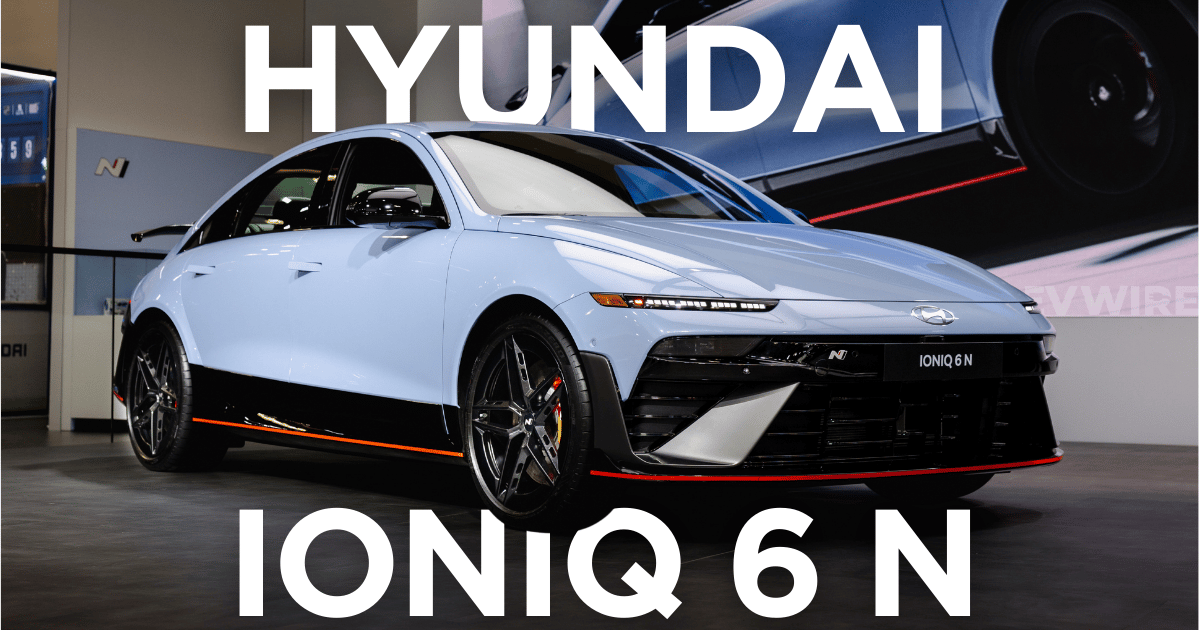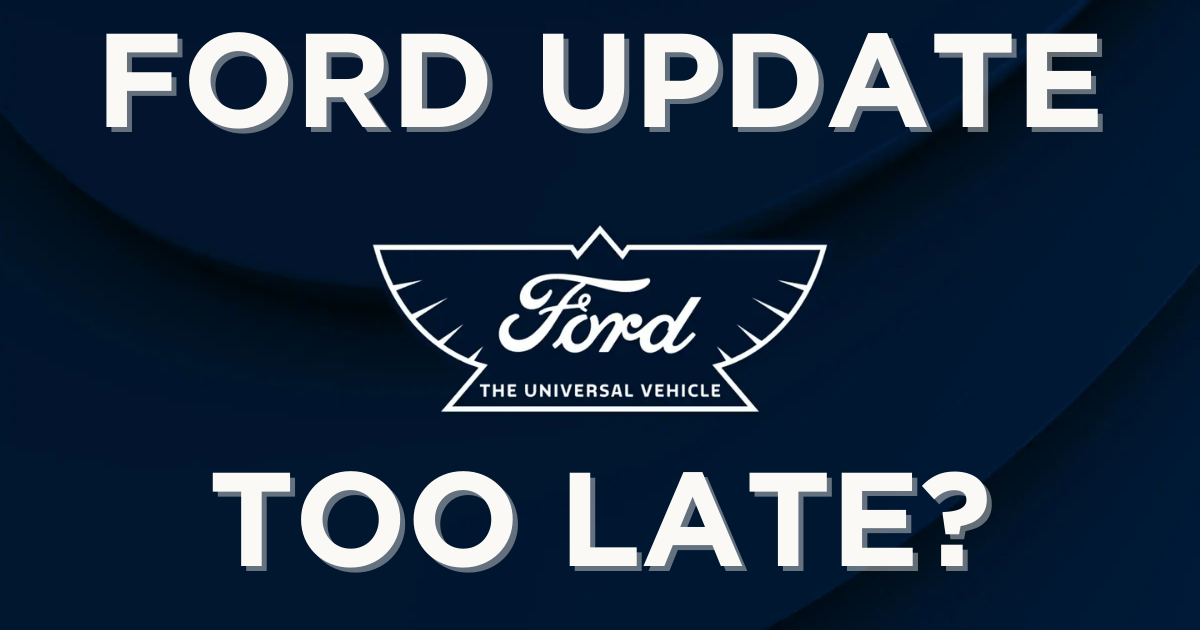EVWire brief: Phoenix Contact has unveiled the second generation of its CCS2 charging connector capable of MegaWatt charging, at the Power2Drive event in Europe. According to Phoenix Contact, the full power of 1 MW (1,000 amps at 1,000 volts) is available only for a limited time in “Boost Mode” and at 800kW (800A 1,000V) continuously, thanks to the liquid cooling technology.
Phoenix already set a milestone in e-mobility with the first generation of HPC charging cables in 2018 by increasing the 200 kW previously possible for CCS charging to 500 kW. Now, they’ve pushed it even further.
Even without active liquid cooling, the connector can achieve 800 kW temporarily (Boost Mode) and 600 kW permanently.
Here are the main features and characteristics:
Charging standard: CCS type 2
DC charging current with active cooling: 1,000 A in Boost Mode, 800 A permanently
DC charging current with passive cooling: 800 A in Boost Mode, 600 A permanently
DC rated voltage: 1,000 V
Cooling medium: water-glycol mix
Temperature sensors: Pt 1000
Leak detection via insulation monitor
Four-wire measurement technology
Degree of protection: IP67
Phoenix managed all this while making the connector 20% lighter than the first gen version.
On its website, Phoenix also addresses a key question — will this make Megawatt Charging System (MCS) redundant?
It basically says yes for buses and trucks, no for heavy off-road utility vehicles such as mining and construction vehicles.
“With our new HPC generation, we offer the first CCS charging cable that, thanks to its outstanding charging power of up to 1 MW, is also suitable for fast charging many utility vehicles, such as buses and trucks, where conversion to the Megawatt Charging System (MCS), which is still under development, would otherwise be necessary. By remaining with the established CCS standard, these on-road vehicles can continue to benefit from the extensive CCS charging infrastructure.
However, it is a different matter for heavy off-road utility vehicles, such as mining and construction vehicles, which have even larger batteries requiring charging powers ranging from 1.5 to 3 MW. This is precisely where MCS is indispensable.
Since the CharIN MCS task force was created in 2018, we have been working on defining requirements for the development of the MCS charging standard and expect to offer corresponding MCS charging cables in early 2026 and MCS charging inlets in the medium term featuring Phoenix Contact’s customary superior quality.”
Source: Phoenix Contact
DIG DEEPER: Find all our latest news on the Charging industry in our ⚡ CHARGINGWIRE page.





